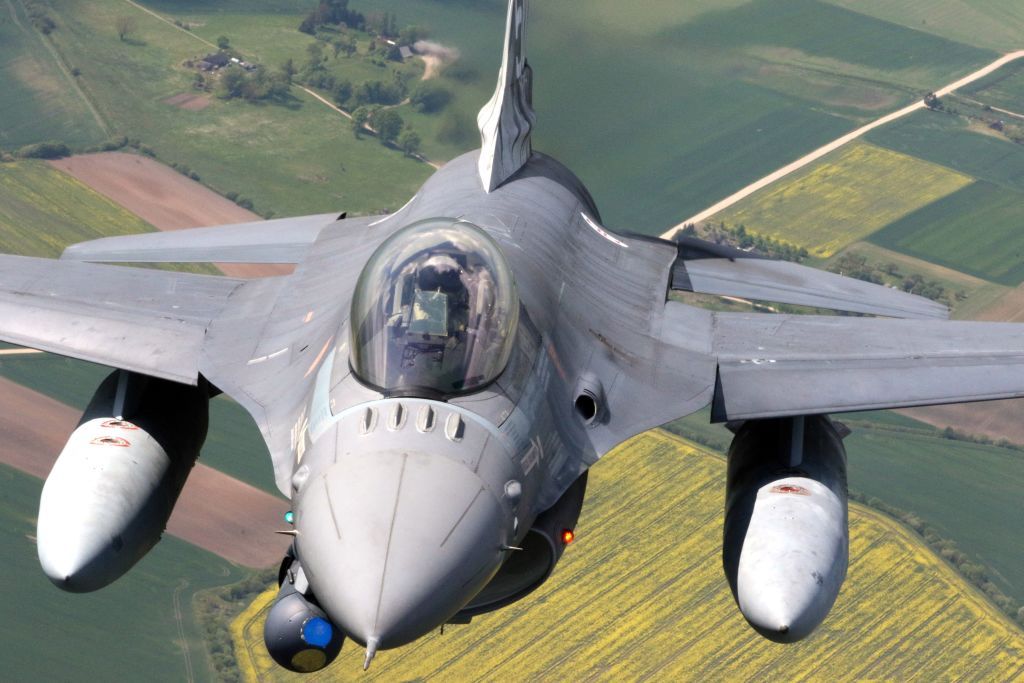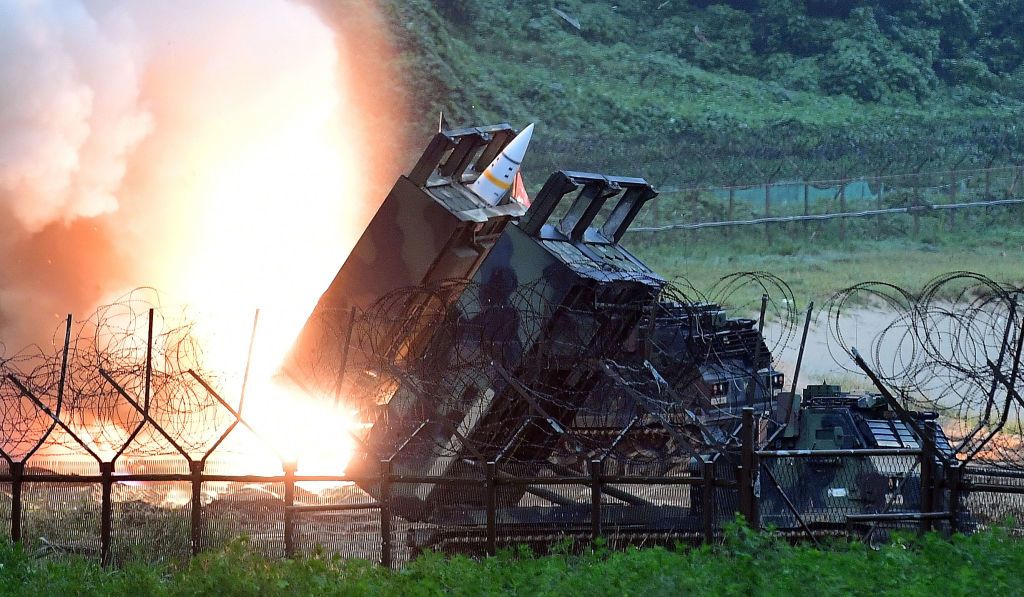Richard Cashman: The diaspora holds the key to shaping Ukraine policy abroad

According to the Ukrainian government, more than 8 million Ukrainians have left the country since the beginning of Russia’s full-scale invasion, with around 6 million currently in EU member states and approximately 800,000 in the United States. Canada’s already large Ukrainian community has also expanded significantly. The vast majority are women and children because Ukraine’s martial law prohibits most men between 18 and 60 from leaving.
Ukraine needs as many of its citizens as possible to return to Ukraine, to drive economic recovery through entrepreneurship and tax receipts, drive population recovery by reuniting separated families and starting new ones, and, more broadly, to further develop the atmosphere of confident nationhood that serving men and women on the front lines know stands behind them and will be waiting to meet with them the many challenges of their reintegration.
According to a survey by the United Nations High Commissioner for Refugees, the majority of Ukrainians displaced by Russia’s war do indeed wish to return to Ukraine as soon as possible.
For most, however, the decision to return on a permanent basis will depend on the end of the war. For others, a practical attitude to adapting to what life has dealt them will mean that they make long-term plans and commitments in their new environs, and some will inevitably invite partners and family members to join them at the end of martial law.
Regardless of the contextual outcome and duration of the war, it is clear that the Ukrainian diaspora will remain significant for years to come in many of the countries best placed to support Ukraine in its Euro-Atlantic integration.
In that context, there will be increasing opportunities for Ukrainians to make their voices heard in the political processes of their adopted countries in a way that supports their families and friends inside Ukraine and Ukrainians displaced in other countries.
The protective status under which most Ukrainians are living in the countries listed above and elsewhere generally does not afford rights similar to citizenship or permanent residency. Indeed, in most countries, temporary protection also does not provide for any fast-track to citizenship or permanent residence.

Under the prevailing rules of the protective regimes in most countries, Ukrainians will be required to start a normal residency application from scratch if they wish to remain once temporary protection is withdrawn. Citizenship can typically be obtained after a minimum number of years of residency.
That said, an increasing number of Ukrainians are being sponsored for long-term working visas, which do usually give the prospect of permanent residency and later citizenship. Many are otherwise beginning regular residency procedures separate from the protective status regimes.
And voices in several countries have already been pointing to the likely duration of Russia’s war and calling for a revision of the protective status regimes to take into account, at least partially, time already spent in the country when applying for permanent residency and eventual citizenship.
In most countries, only citizens can vote in national-level elections or be candidates in them. For municipal elections, however, often permanent residence will suffice for voting, and sometimes for candidature. In this context, it will not be long before an increasing portion of the Ukrainian diaspora becomes eligible to vote, and stand in, the democratic processes of Ukraine’s partner countries.
Even before that stage, there are a plethora of ways, via grassroots activism, legitimate lobbying, opinion writing, and media engagement, to name a few, that people can contribute to and shape debate on issues important to Ukrainians at home and abroad.
This opportunity should not be neglected. Indeed, to continue living in a democracy was a core reason for Ukraine’s choice of Euro-Atlantic integration over the Eurasian empire.
Ukrainians eventually acquiring voting rights should, of course, exercise them on an individual basis. That said, there will certainly be enhanced opportunities for legitimately influencing the national and local policy of adopted countries vis-à-vis Ukraine and Ukrainians.
In the European Union context, there is a potential multiplying effect to the extent that EU-wide policy on many issues sits above national policy and is disproportionately influenced by many of the larger member states in which Ukrainians have settled in large numbers.
It also means an opportunity to challenge the pervasive influence of Russian narratives in the same countries and their policy processes, which, in contrast, are usually propagated via illegitimate means.
For over a century, the large Ukrainian community in Canada has proved a dynamic force in shaping Canadian policy nationally and internationally. It obviously stands as a model for what might be replicated in the many like-minded countries in which Ukrainians have more recently settled.
Yet shaping and encouraging policy that helps Ukrainians in Ukraine and those displaced in other countries will not result from simply being present in those countries. Rather, it requires an attitude of responsibility to engage with the democratic rights and opportunities that will soon be opening up.
Editor’s Note: The opinions expressed in the op-ed section are those of the authors and do not purport to reflect the views of the Kyiv Independent.












